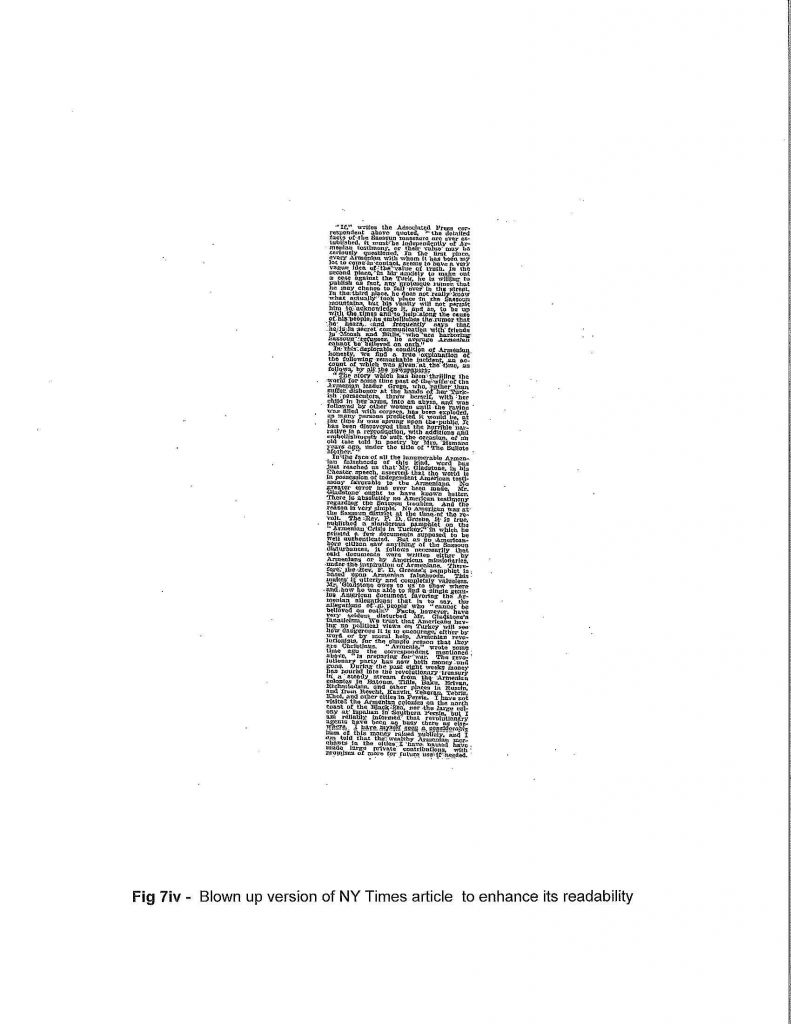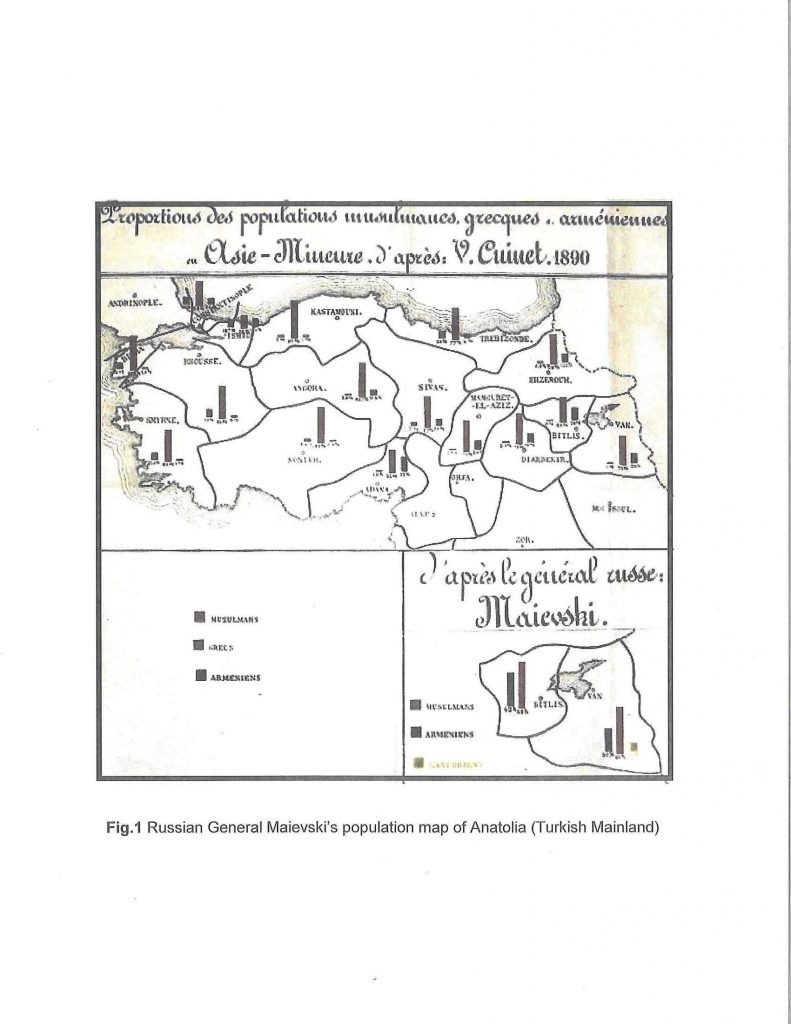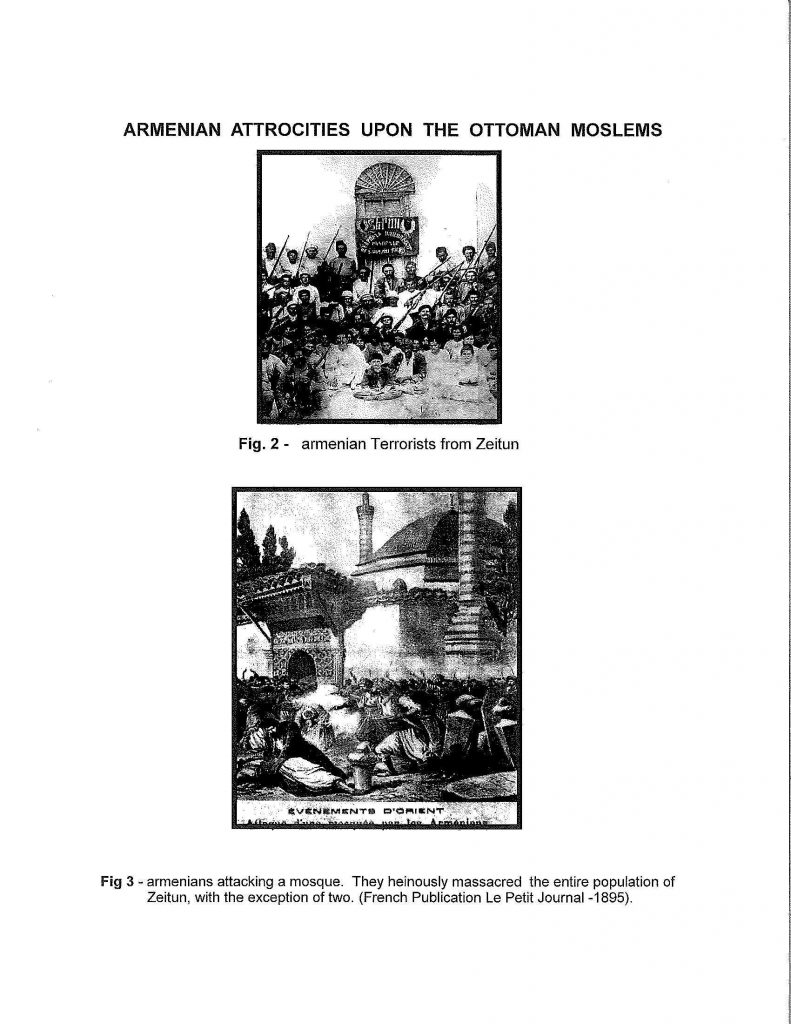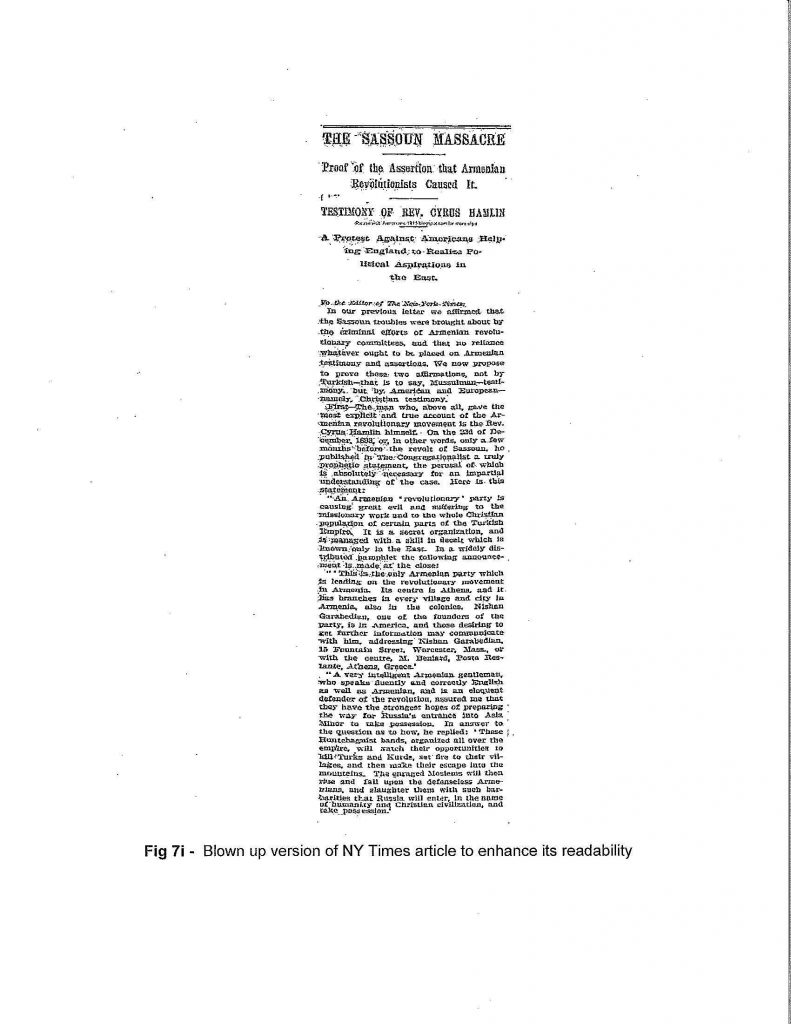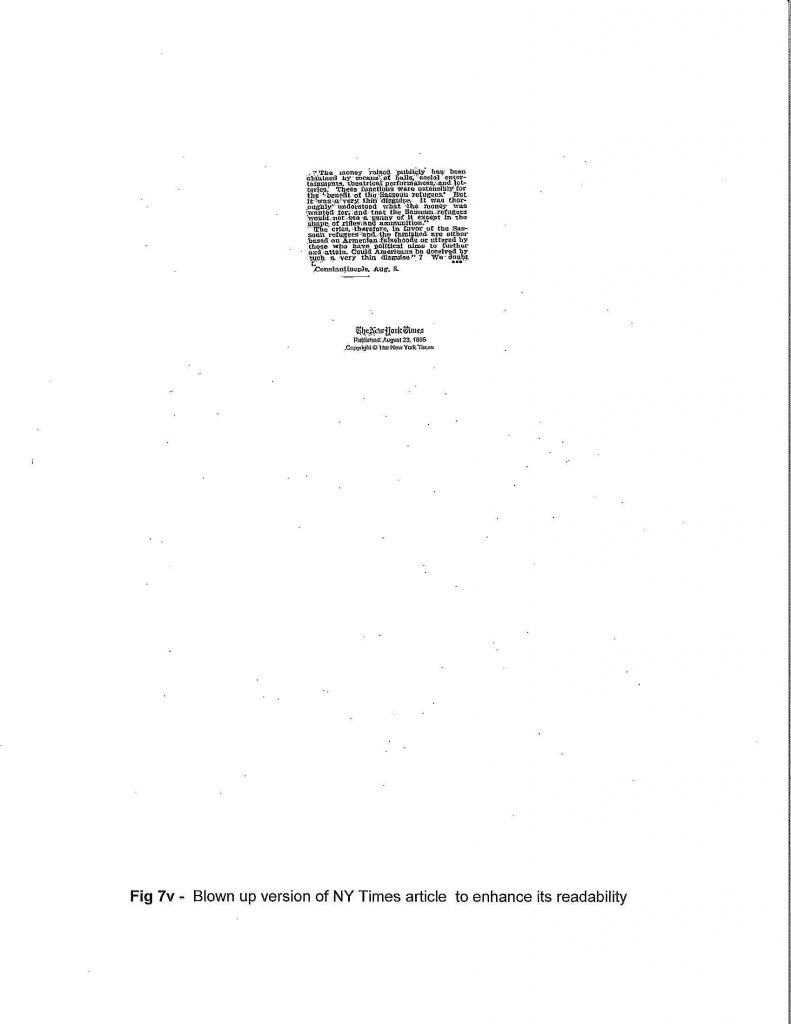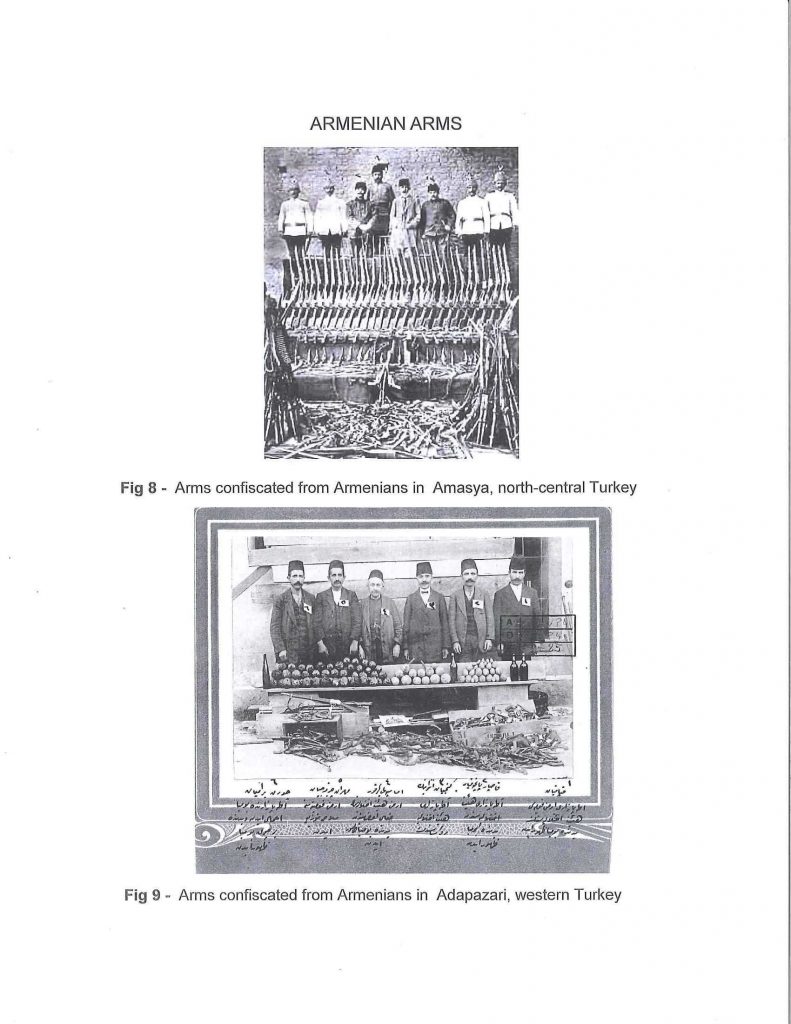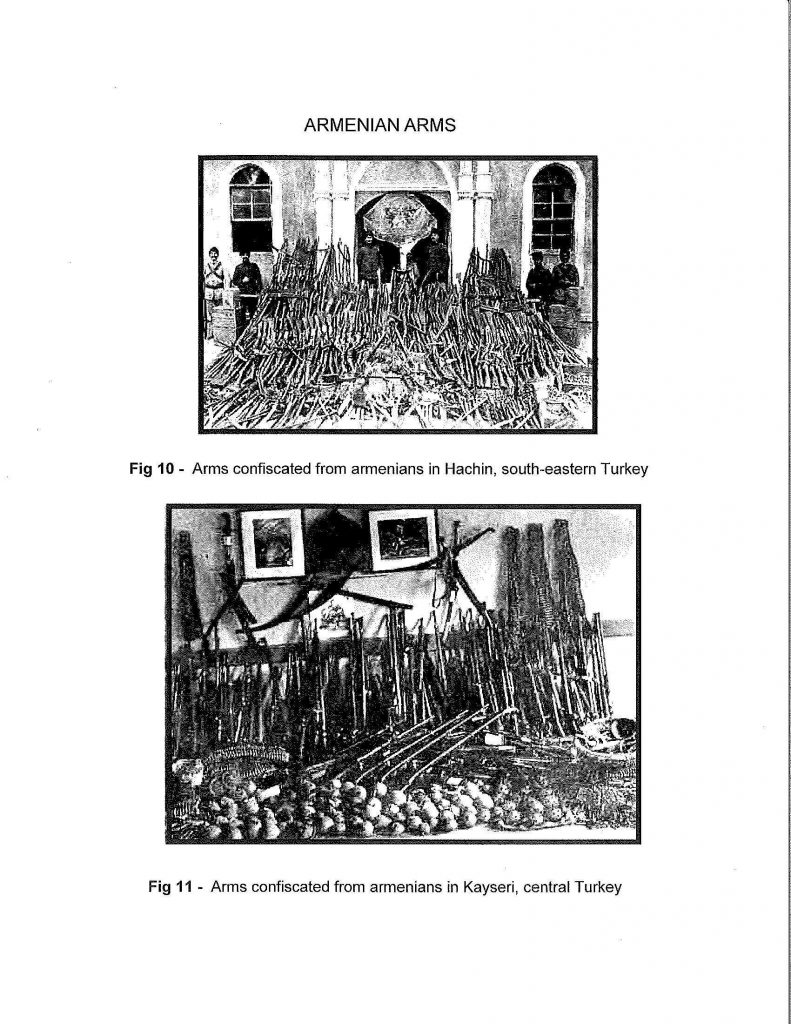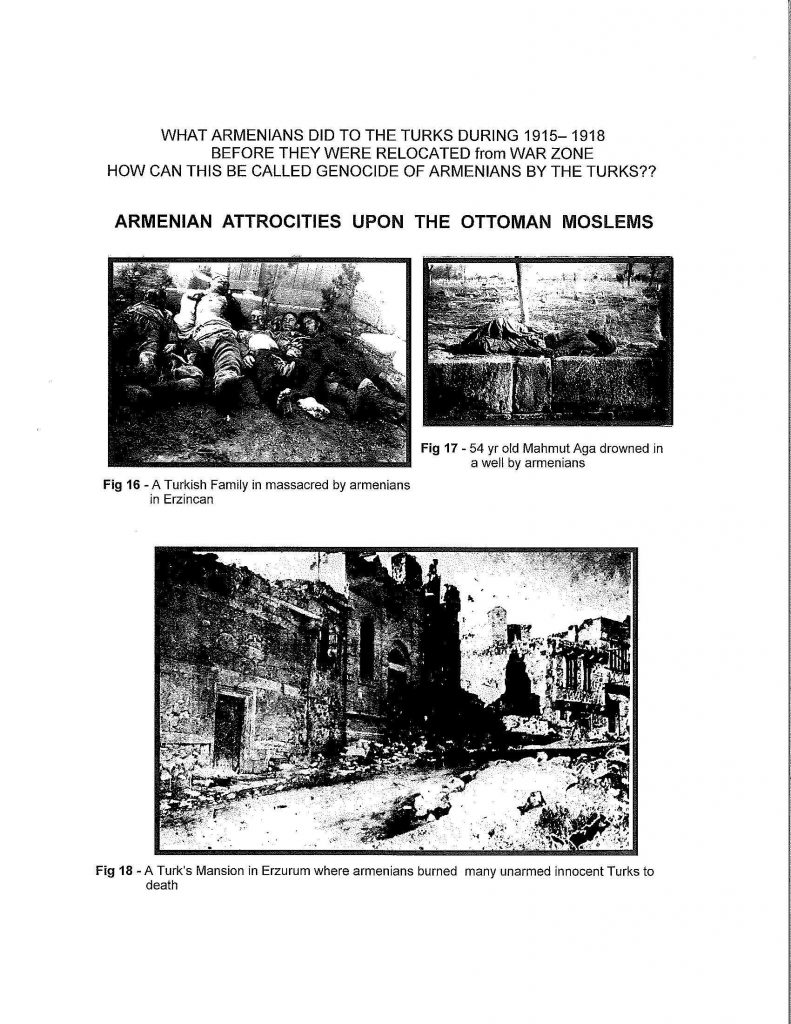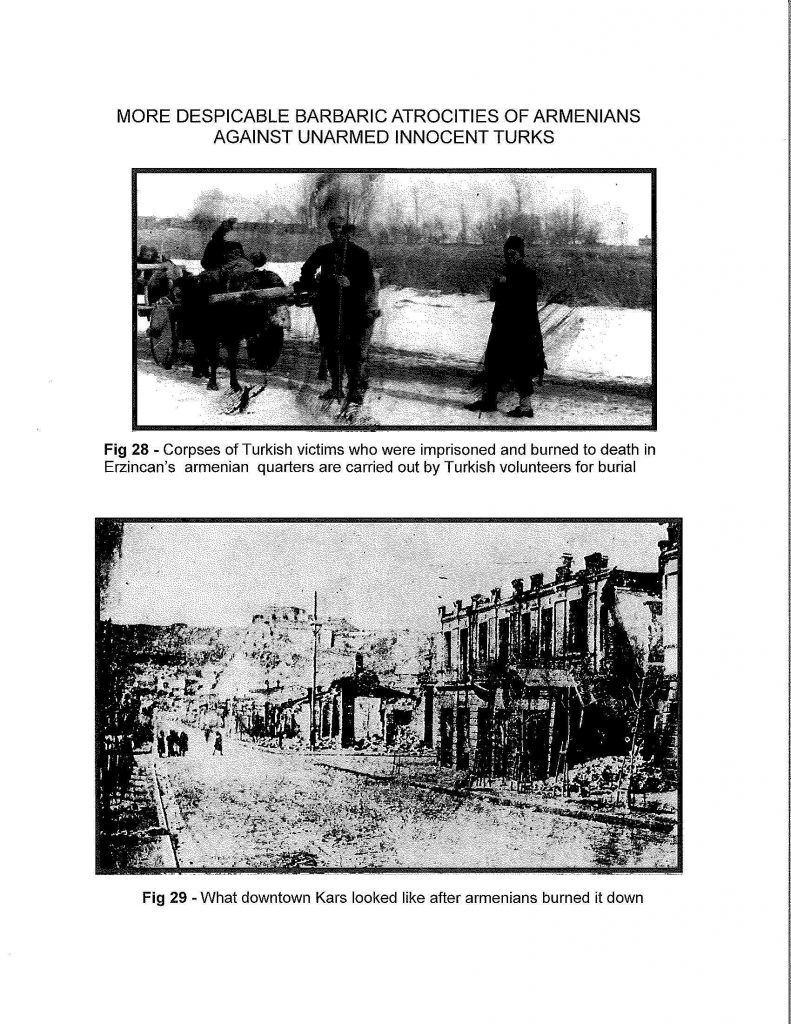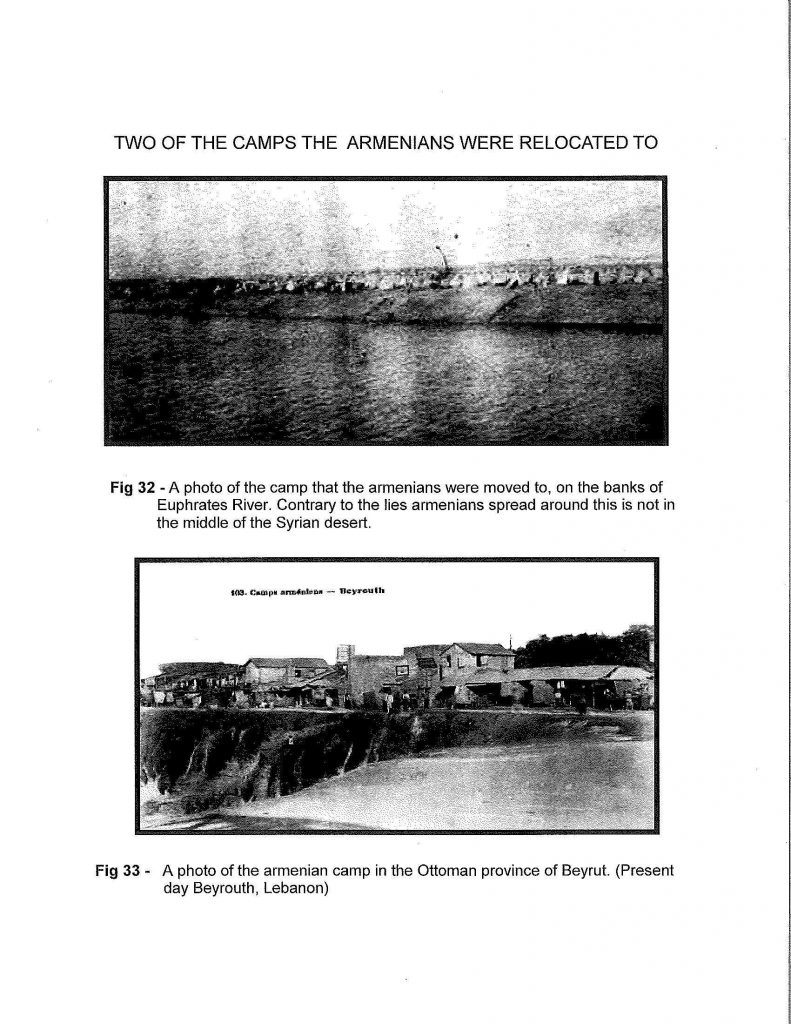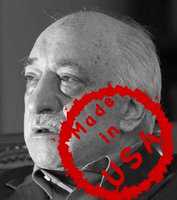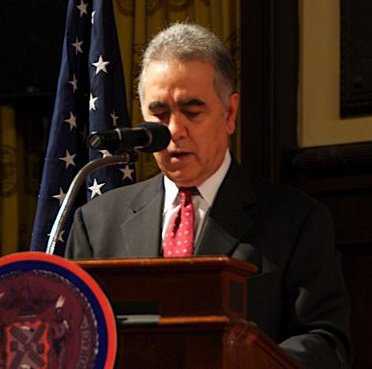
By Harut Sassounian
Publisher, The California Courier
Dr. Taner Akcam, one of the first Turkish scholars to acknowledge the Armenian Genocide, delivered two important lectures in Southern California last week. Based on historical research, he analyzed the underpinnings of Turkey’s denial of the Armenian Genocide and proposed solutions for its official acknowledgment.
Prof. Akcam made his first presentation at Valley Beth Shalom in Encino on May 6, before the screening of Dr. J. Michael Hagopian’s Genocide documentary “The River Ran Red.” Rabbis Harold Schulweis and Edward Feinstein, Jewish World Watch President Janice Kamenir-Reznik, Dr. Hagopian, 96, a genocide survivor, and Archbishop Hovnan Derderian made brief remarks.
Dr. Akcam, Associate Professor of History and Chair of Armenian Genocide Studies at Clark University, explained that the “continuity” of the “military and civilian bureaucracy,” which has been ruling Turkey ever since the inception of the Republic in 1923, is a key reason for denial of the Armenian Genocide. “The founders perceived the ethnic-cultural plurality of society at that time to constitute a problem for the continuity and security of the state.”
Specifically, the Professor identified Hasan Fehmi Bey, a leader of the Union and Progress party that implemented the Armenian Genocide, who had confessed in a speech to Parliament in 1920 that his group knew the international community would call them “murderers” for eliminating the Armenians. However, he indicated that his party’s leaders were prepared to accept being called “murderers,” as their aim was securing “the future of the fatherland.”
In his second presentation on May 7, organized by the Armenian Rights Council of America in Altadena, Dr. Akcam disclosed that “Ergenekon,” the recently exposed criminal group that enjoyed support of the Turkish military, had prepared a hit list of five individuals, including journalist Hrant Dink, Nobel laureate Orhan Pamuk, and Akcam himself, all targeted for assassination because they spoke out on the Armenian Genocide. They were condemned to death as “Traitors to National Security.”
In Akcam’s view, this mindset was not simply the perverted view of an isolated terror group, but that of Turkey’s legal establishment. During the sentencing of two Turkish-Armenian journalists in 2007 for using the term genocide, a Judge ruled that: “Talk about genocide, both in Turkey and in other countries, unfavorably affects national security and the national interest. The claim of genocide… has become part of and the means of special plans aiming to change the geographic, political boundaries of Turkey… and a campaign to demolish its physical and legal structure.” The ruling further stated that the Republic of Turkey is under “a hostile diplomatic siege consisting of genocide resolutions.… The acceptance of this claim may lead in future centuries to a questioning of the sovereignty rights of the Republic of Turkey over the lands on which it is claimed these events occurred.”
According to Akcam, the United States is avoiding the official recognition of the Armenian Genocide out of a similar misguided concern for national security in the Middle East. He stated that “Morality is a very real issue, and for realpolitik to be successful in the region; moral values, in this instance, the specific one of acknowledging historic wrongdoings, must be integrated into a policy of national security…. Failure to confront history honestly is one of the major reasons for insecurity and instability in the region.”
Akcam revealed that after World War I, Turkey’s leaders, including Mustafa Kemal, acknowledged the Armenian massacres and favored the prosecution of their perpetrators in order to gain support of the Allies for the preservation of the territorial integrity of Ottoman Turkey.
However, the hopes of Turkey’s leaders were dashed on both counts. The Treaty of Sèvres in 1920 called for dismemberment of the Ottoman Empire, while the Istanbul Court Martial sentenced to death in absentia the Turkish national leadership, including Mustafa Kemal.
Akcam indicated that the Turkish mindset to this day views “democratization, freedom of thought and speech, open and frank debate about history, [and] acknowledgment of one’s past historical misdeeds, as a threat to national security. Those who invite society to engage in an open examination of the past are therefore labeled ‘traitors’ and made targets of smear campaigns — dragged into courts and prosecuted under Turkish Criminal Code Article 301 for ‘insulting Turkishness.’”
Akcam warned the United States that any policy “that ignores morality and forgets the addressing of historic wrongdoings is doomed to fail in the end.” He suggested that Turkey should be made to understand that “bullying and threatening others is not the behavior of an international actor. Turkey cannot continue with the same repressive domestic policies towards its own history and minorities under the guise of national security and cannot threaten other countries in expressing their thoughts on 1915, and at the same time pretend to be a member of democratic countries in the world. An open, official acknowledgment by the US government might force Turkey to understand that blackmailing and threatening other states and suppressing and persecuting its own intellectuals do not offer solutions for historical problems and for security.”
At a small gathering, after the May 7 lecture, Akcam disclosed for the first time an alarming incident that had taken place in 1995, following a talk he had delivered on the Armenian Genocide in Yerevan. At the last minute, he had cautiously decided to give a milder version of his prepared remarks. Upon his return to Istanbul, he was shocked when confronted at the airport by Turkish police who had in their possession the harsher version of his talk. He had handed that original version to Armenian officials — the organizers of the Genocide conference. Someone in Armenia must have leaked his text to the Turkish authorities. Dr. Akcam was able to save his neck from Turkish intelligence agents by showing them the copy of the milder speech that he had actually delivered!


